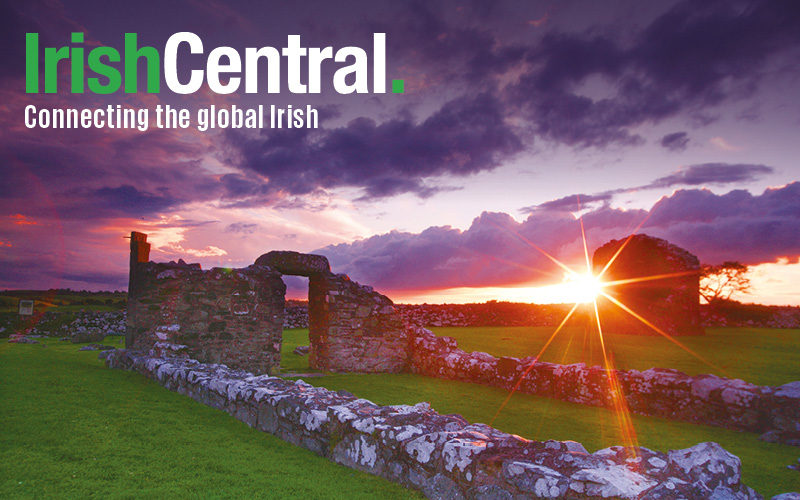The British government is coming under increasing pressure to publicly state whether its intelligence agencies secretly recorded conversations between the Real IRA gang in the hours before they carried out the Omagh atrocity.
Twenty-nine people and two unborn children were killed when dissident Republicans exploded a car bomb in Omagh town center on August 15, 1998. Days after the atrocity the British and Irish governments pledged that no effort would be spared to bring the killers to justice on either side of the border.
However, within months it began to emerge that RUC Special Branch and MI5/FBI agents who had infiltrated the Real IRA had given various warnings that an attack was imminent.
Over the last 10 years a succession of reports have criticized both the RUC and Gardai (Irish police) investigations into the bombing.
In 2001 then Police Ombudsman Nuala O'Loan was severely critical of the original RUC murder investigation after she uncovered evidence that Special Branch had failed to pass on warnings prior to the bomb and withheld evidence after the atrocity.
In 2006 Police Service of Northern Ireland Chief Constable Hugh Orde refused to say whether MI5 had withheld evidence from the original murder investigation.
Sean Hoey, the only man charged with the Omagh bomb, walked free from court last December after the trial judge found that two police officers had falsified witness statements.
Earlier this year the Chief Constable said it was unlikely that anyone would stand trial for the Omagh Bomb unless new evidence emerged.
However, it has now been revealed that a British government spy station may have secretly recorded telephone conversations between the Real IRA gang in the run up to the Omagh bomb. The highly secretive GCHQ listening station, which monitors telephone and computer exchanges between suspected terrorists all over the world, is understood to have covertly recorded mobile telephone conversations between the Real IRA gang as they prepared to bomb Omagh.
However, the existence of these tapes has until now been kept a closely guarded secret, despite successive official inquiries into the security agencies' failure to prevent the Omagh atrocity.
The families of those killed in the explosion are angry that the secret recordings have been withheld until now, believing they may have been crucial in identifying the Real IRA gang in the days after the bomb.
Michael Gallagher, whose son Aiden was killed in the explosion, questioned why the tapes had been withheld from police investigators and called for them to be used in a civil action now being taken by the families.
"This news is simply earth-shattering for us," he said. "Putting aside whether the law will ever allow these recordings to be used as evidence in a criminal prosecution, should they not be now conveniently destroyed, it is legally and morally imperative that the authorities provide this evidence to be aired in the civil action."
A Northern Ireland Office spokesman refused to confirm the existence of the secret recordings, stating, "We never comment on intelligence-related matters."
However, the Omagh families have received strong support from the Northern Ireland Victims Commission. Calling on the British government to publicly confirm whether or not its intelligence agencies had secretly recorded the bombers in the hours before the attack, Commission chairwoman Bertha McDougall said, "The very fact that GCHQ was monitoring the bombers indicates they were aware that an attack may have been imminent."
McDougall said the belief that GCHQ had secretly recorded the Real IRA gang raised at least the possibility that the bombing could have been prevented. "The victims and survivors of the atrocity deserve to know the truth. As each year passes, it appears the gulf widens between what they were promised in the wake of the bomb, and what has been done.
"This commission believes the time is right to examine every aspect of prior and post-event intelligence gathering by the security services, north and south of the border."




Comments